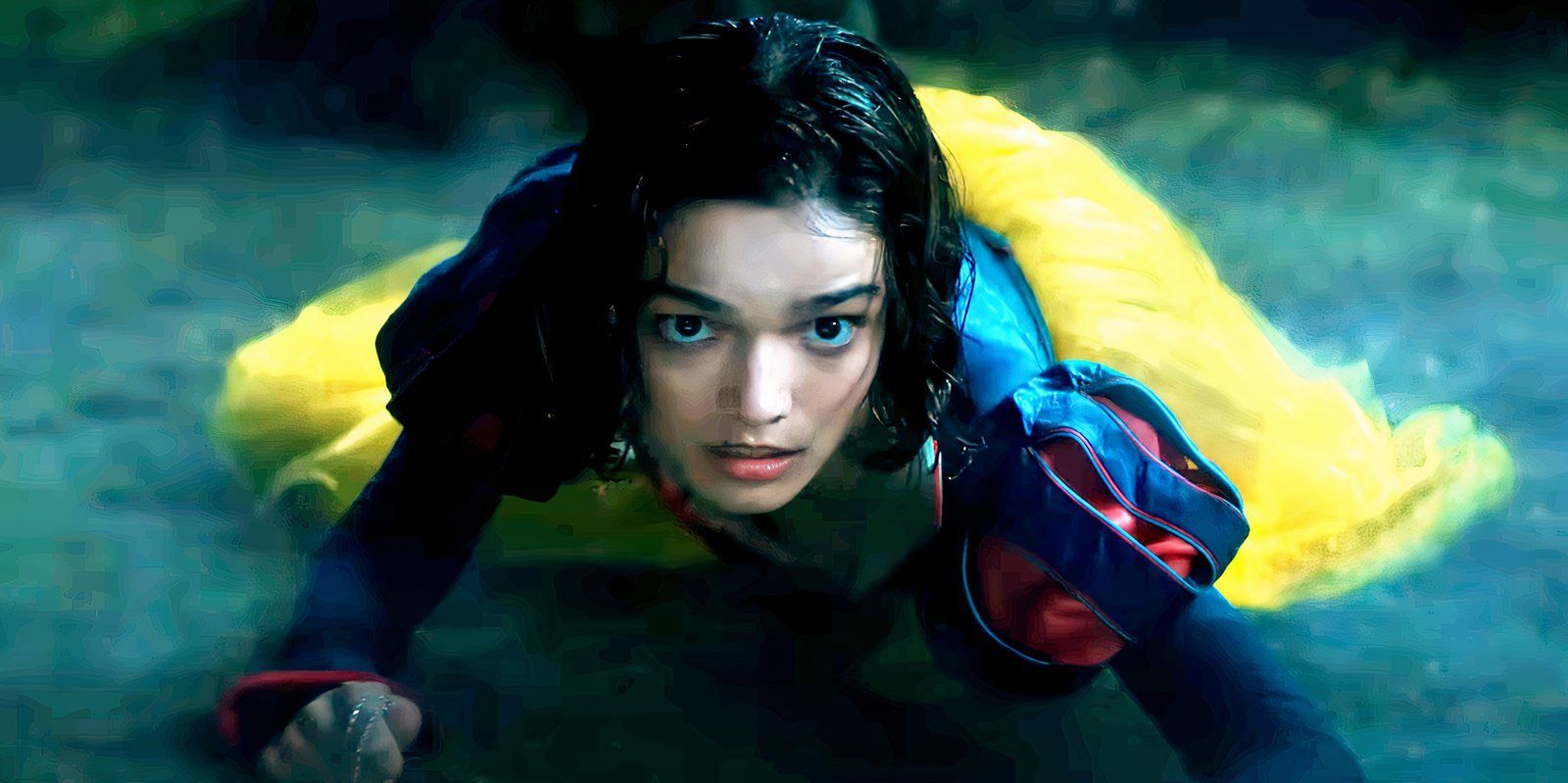There is a ravishing kind of beauty in Tommaso Santambrogio’s lyrical triptych of contemporary Cuban life, “Oceans Are the Real Continents.” With black and white cinematography that privileges an exacting formalism throughout, this portrait of the island works hard to defamiliarize the very sun-dappled, colorful image of Cuba that so dominates the cultural imaginary. An intergenerational study on exile and belonging, Santambrogio has crafted a staid travelogue whose poetic sensibility is both what makes it such an intriguing proposition and also quite an alienating one.
“Oceans Are the Real Continents” — whose very title nudges audiences to reimagine how it is we understand the geography of the world around us — is guided by a similar type of conviction. Rather than trace a vision of Cuba through Havana, for instance, the film is rooted in San Antonio De Los Baños. The small Cuban town, at least as presented by Santambrogio’s eyes, is a ghostly space that brims with life yet aches for those who have left, or are about to, or who dream of being able to do so. Three intertwined stories (though that word feels all too generous for the kind of wispy narratives the film orders itself around) anchor this neorealist-inspired film.
In one, two young boys, Frank and Alain (Frank Ernesto Lam and Alain Alain Alfonso González), have high hopes of one day heading to the U.S. to become successful baseball players. It’s all they ever dream of doing in between day practice and nighttime excursions to empty baseball fields, even as the reality around them (scored by family rows and endless rain) risks dampening such prospects.
In another, Alex and Edith (real-life actor and theater instructor Alexander Diego and puppeteer Edith Ybarra Clara) struggle with making their relationship work amid their warring ambitions and life circumstances.
And in the final thread, Milagros (Milagros Llanes Martínez), an older woman who lives alone, spends her days selling peanuts on the streets and reading old letters from a loved one at home.
Shuttling between these three snapshots, Santambrogio aims to create a patchwork portrait of a country in transition. These are visions of dreams deferred and ambitions dashed, of nostalgia nurtured and memory reframed. Capturing intimate moments — in lush natural landscapes and gritty urban enclaves alike — Lorenzo Casadio’s camera frames every single interaction we see with an eye for composition. Every shot is painstakingly orchestrated to the point where any given shot feels like a readymade photograph for a coffee table book about contemporary Cuba.
There’s an arresting beauty in scenes as simple as Frank and his brother on a balcony playing with toys at night away from their bickering parents; or of Milagros sitting in her patio as rain-soaked letters dry on her clothesline; or even of Alex and Edith lounging naked in one another’s arms in bed, the two lost in in each other’s embrace.
The political and cultural context that frames the lives of these characters (which Santambrogio developed for and alongside his mostly nonprofessional performers) is filtered through radio and TV broadcasts, as well as brushes with bureaucracy (about visas and travel documents). The sense that any one of their lives could suddenly be upended by the chance to emigrate is felt in every scene, as if the reality of contemporary Cuba could not be disentangled from its increasingly porous relationship to the world at large.
Thats’s a fitting kind of message for an Italian filmmaker to deliver within a film that nevertheless still tries to create a grounded vision of Cuba that looks ahead (with its young boys whose futures seem bright and full of possibility), behind (with Milagros, whose letters send her back to the late 1980s), and within (with the young couple in an arrested relationship). There’s no way to watch any one of these stories without reading into them the metaphors they so obviously stand in for, and “Oceans Are the Real Continents” does at times feel like a heady affair.
For example, when Alex instructs his kids during a workshop to tap into the nature around them — “We’ll build a bridge between our memory, our existence and the reality of our surroundings” — it feels as if he’s spelling out Santambrogio’s mission for his film, which is admirable and beautifully realized. But it is also perhaps rather staid and detached (it says a lot about the film that its most affecting sequence is anchored by Edith’s puppet). If this is cinema as poetry, these are verses made to be framed and admired, rather than sung or felt.









 English (US) ·
English (US) ·